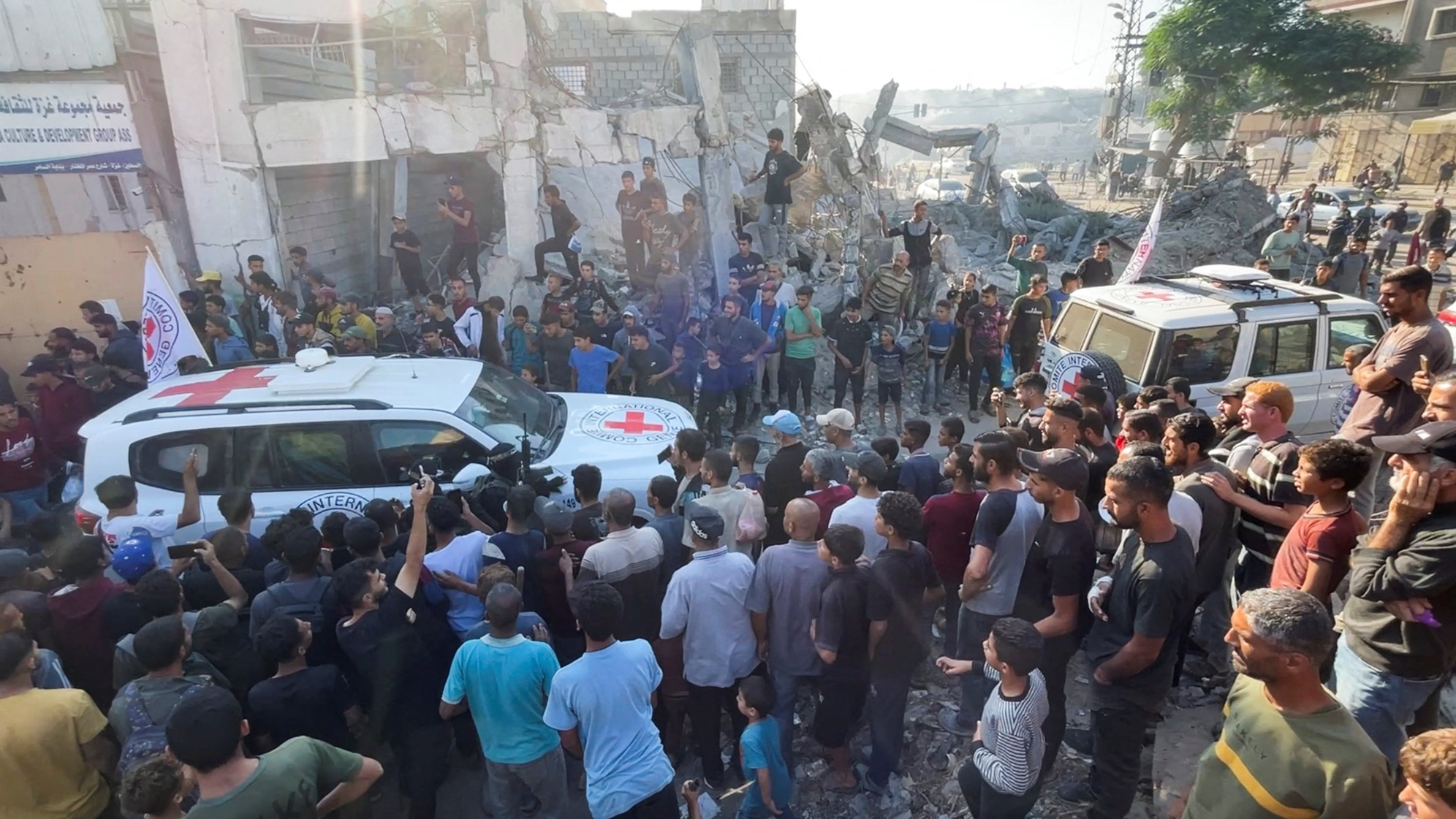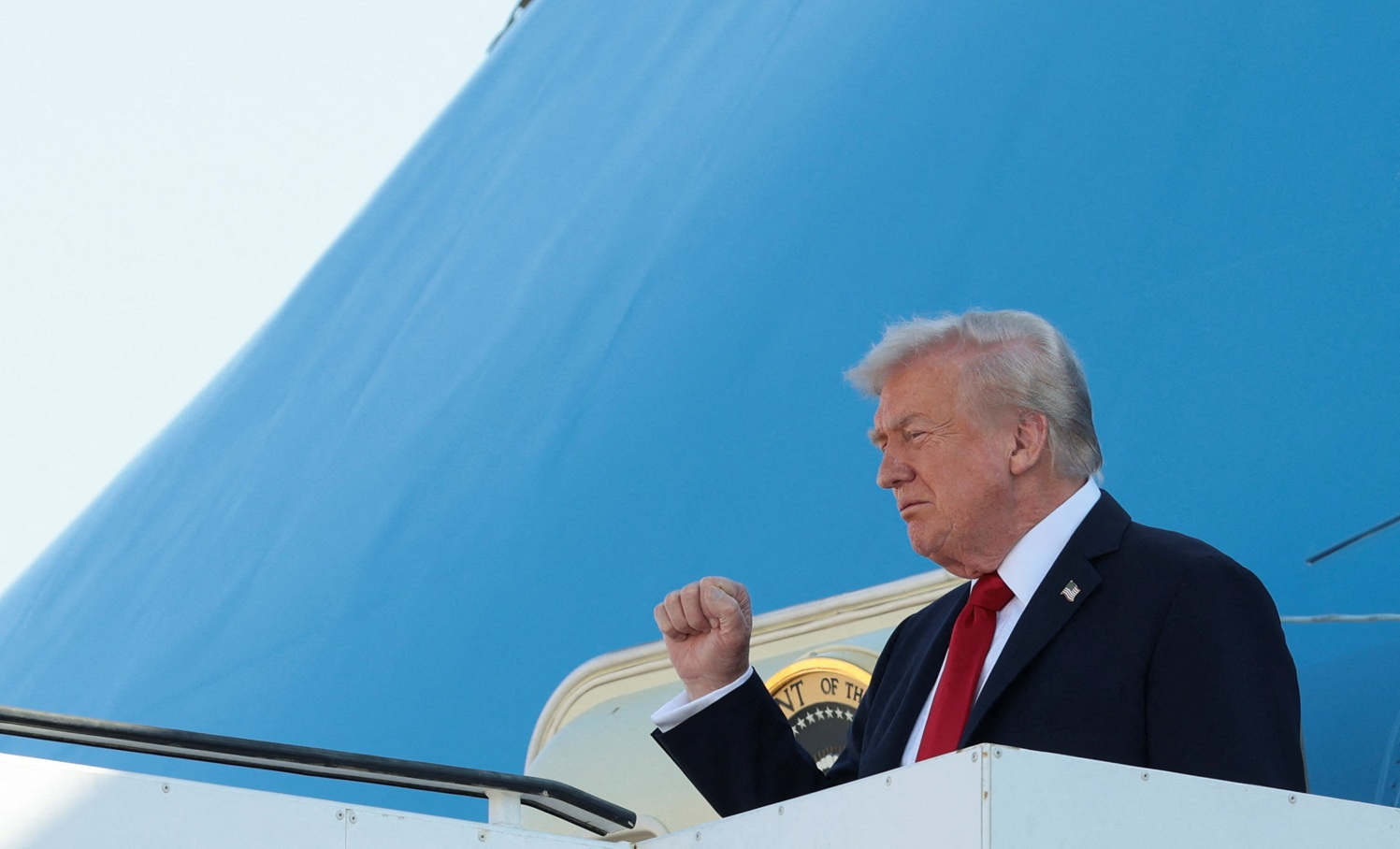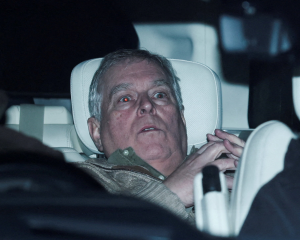
Hamas has handed over the first seven of 20 surviving Israeli hostages, a key step in ending two years of ruinous war in Gaza under a ceasefire deal engineered by U.S. President Donald Trump, who landed in Israel to address its parliament.
As thousands of people cheered, hugged and wept in Tel Aviv's Hostages Square, Israel's military said it had received seven living hostages after their transfer out of the Gaza Strip by the Red Cross.
"I am so excited. I am full of happiness. It's hard to imagine how I feel this moment. I didn't sleep all night," said Viki Cohen, mother of hostage Nimrod Cohen, as she travelled to Reim, an Israeli military camp where the hostages will be transferred.
Initial photographs of six of the released hostages distributed by the Israeli military showed them all on their feet.
The military said the Red Cross was en route to receive the remaining 13 confirmed living hostages, who were all expected to be released later on Monday (local time).
Bodies of some of the 28 dead hostages, and another two whose fate is unknown, will also be released on Monday, along with nearly 2000 Palestinian detainees and convicted prisoners held in Israel.
The releases are a critical aspect of the first phase of the ceasefire accord concluded last week in the Egyptian resort of Sharm el-Sheikh, where Trump and more than 20 other world leaders will be meeting later on Monday to discuss ensuing steps they hope will eventually bring broader Middle East stability.

LEADERS MEET TO DISCUSS LASTING PEACE
In Gaza, about a dozen masked and black-clad gunmen, apparently members of Hamas' armed wing, arrived at Nasser Hospital where a stage and chairs had been laid out to welcome returning Palestinian prisoners.
"I hope that these images can be the end to this war. We lost friends and relatives, we lost our houses and our city," said Emad Abu Joudat, 57, a Palestinian father of six from Gaza City as he watched the handover preparations on his phone.
The releases are one of the most important parts of the first phase of the ceasefire agreement concluded last week in the Egyptian resort of Sharm el-Sheikh, where Trump and more than 20 other world leaders will be meeting later on Monday.
The US mediated the agreement along with Egypt, Qatar and Turkey, with the next phase calling for an international body - a "Board of Peace" - led by Trump.
Progress towards a lasting peace now hinges on global commitments that may be taken up at Monday's summit, but much could yet go wrong.

The group's appearance on Monday with fighters gathered at Nasser Hospital underscored the likely difficulty of assuaging Israeli concerns about the Islamist militant group's continued hold over Gaza, which it has ruled since 2007.
Further sticking points may include Israel's own continued withdrawal from the Gaza Strip beyond the lines to which it pulled back in recent days, and moves towards the creation of a Palestinian state, something rejected by many Israelis.
Trump landed in Israel shortly after the announced release of the first batch of hostages. He will address the parliament before heading to Egypt.
Israeli Prime Minister Benjamin Netanyahu stood waiting at the airport as Air Force One taxied in, smiling and talking with the US ambassador.
Trump will become only the fourth US president to address the Knesset, following Jimmy Carter in 1979, Bill Clinton in 1994 and George W. Bush in 2008.

TWO YEARS OF CONFLICT
Two years of war have left Gaza in ruins, with nearly all its people homeless, and caused a humanitarian disaster on a massive scale. It has also reshaped the Middle East through Israeli conflicts with Iran, Lebanon's Hezbollah and Yemen's Houthis.
Near Israel's Reim camp, where the hostages will be brought to be taken to hospitals, people lined the road waving Israeli flags on which a yellow ribbon - the symbol of remembrance for the hostages - was interwoven with the blue Star of David.
At Israeli prisons, some 1966 detainees boarded buses and most were expected to be released at Gaza's Nasser Hospital on Monday, an official involved in the operation said.
In a statement, the armed wing of Hamas affirmed its commitment to the terms and timeline of the deal, contingent on Israel’s adherence. It said Israel agreed to a ceasefire and swap deal after it failed to free the hostages through its military offensive.
The main UN aid agency working in Gaza, UNRWA, urged Israel to allow more aid into the territory.
The conflict was sparked by a Hamas attack on October 7, 2023, that killed around 1200 people in Israel, with 251 taken hostage. Israeli airstrikes and ground assaults have since devastated Gaza, killing more than 67,000 Palestinians, the enclave's health officials say.











